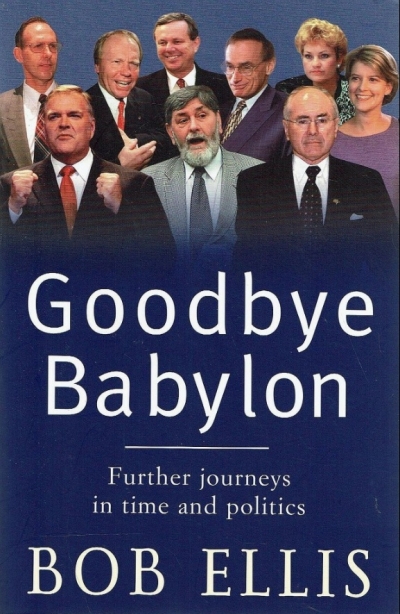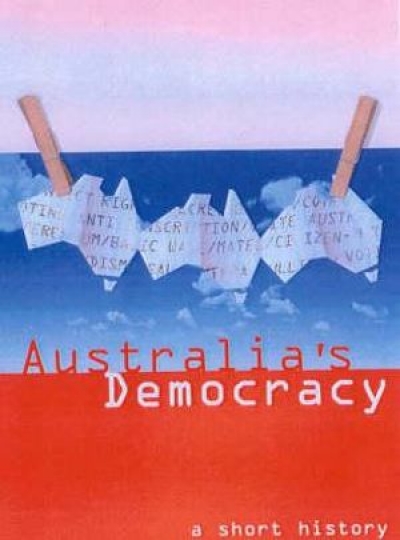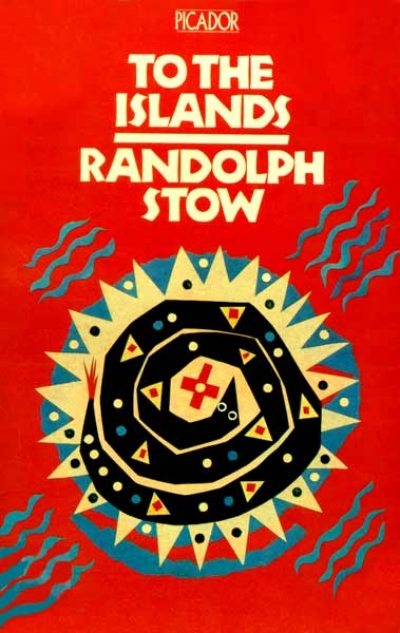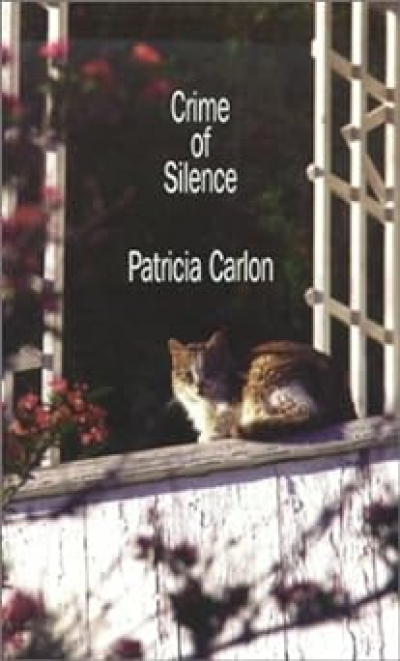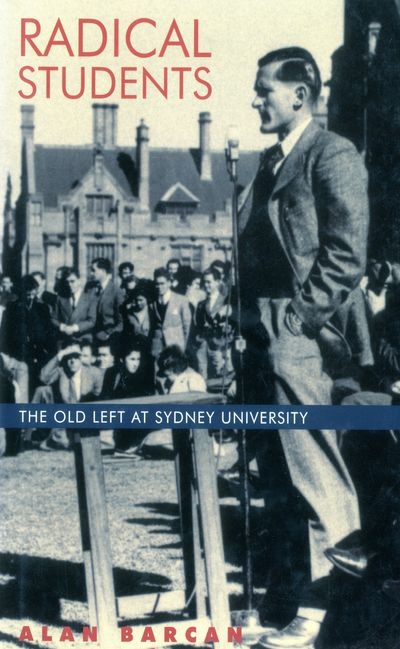Archive
The Ice and the Inland by Brigid Hains & Australia’s Flying Doctors by Roger McDonald and Richard Woldendorp
by Libby Robin •
Australia’s Democracy by John Hirst & The Citizens’ Bargain edited by James Walter and Margaret Macleod
by Patricia Grimshaw •
To the Islands by Randolph Stow & Tourmaline by Randolph Stow
by Thomas Shapcott •
Broken Song: T.G.H. Strehlow and Aboriginal possession by Barry Hill
by Frances Devlin-Glass •
Crime of Silence by Patricia Carlon & The Unquiet Night by Patricia Carlon
by Sydney Smith •
The Commonwealth of Speech: An Argument about Australia’s Past, Present and Future by Alan Atkinson
by Beverley Kingston •
Radical Students by Alan Barcan & The Diary of a Vice-Chancellor by Raymond Priestly (ed. Ronald Ridley)
by Michael Crennan •


